tl;dr ▶
- Gacha games are shit because you need to invest way too much time or money
- Fighting games are shit because devs hate players and are driving their games backwards
- MMOs have always been shit but I'm just too old to tolerate it now
- Being a casual is the real big brain play
Video games aren’t enjoyable anymore. If you’d told me this ten years ago, I wouldn’t have believed you. I was never much of a gamer, but there was a period where I’d be obsessed with one game or other. I’d be thinking about the game all day, and rush home from class just to log back in. It’s sad to know that those days aren’t coming back.
It’s easy to blame the current state of video games for this status quo, so I will. Though, I suspect there’s a bit more to it. Let’s discuss some of the problems with the game genres I’ve sunk the most time into, and see where we end up.
Gacha
You can’t talk about unfun video games without mentioning gacha games.
fuck you kmr pic.twitter.com/jWz3WBbk22
— Blankaex // ブランク (@Blankaex) 2020年7月15日
A lot of people take issue with the gacha aspect gacha games. To the untrained eye, gacha (the system) is exploitative because it costs real money without a guaranteed return. This naturally leads to the thought that the games are inherently pay-to-win, and that they’re nothing more than a proxy to flaunt your credit line.
It’s definitely an ethically questionable aspect of the game design, but I don’t think it’s the worst one. Every gacha tango I’ve danced has been pretty much entirely free to play (barring the odd cosmetic), and I’ve demonstrated that it’s very possible to hit Grand Master or rank #1 on the PVP ladder without spending a cent.
やっと1位取れた!!#ブルアカ pic.twitter.com/mtFJSO2HAi
— Blankaex // ブランク (@Blankaex) 2021年3月5日
The real problem with gacha (the games) is stamina. Or energy, or action points, or resin, or whatever else it’s called in your Chinese timesink. Since progression is locked behind a limited resource that recovers over time, you’re incentivised to keep your stamina uncapped at all times. Once you add on dailies and events that you need to play to pick up pennies of premium currency, you’re left with an awful system that forces you to log on, even especially when you don’t want to, which turns your “game” into a day job.
This is where the IAP comes in. If you don’t want to run around collecting garbage all day, you can just swipe your credit card. This is the actual ultimatum that gacha games present. You don’t pay for power, you pay for progress. If you want to stay meta-relevant, then you’re either going to pay with your time or your money. People tend to focus on the money aspect since it’s tangible, but time is just as valuable of an asset.
Either way, you’re playing at a loss. If it’s impossible to play the game at a high level without giving up significant amounts of time or money, then the game is broken by design. Neither option makes for a particularly enjoyable experience. Though on the topic of timesinks, there’s another genre of games that lends itself quite well to this discussion.
Fighting Games
Fighting games are great. They’re straightforward, but deep and complex. There’s no teammates holding you back. There’s so much to learn and experiment, and the rewards you reap from your hard work are second to none. A true test of skill. The patrician’s genre. At least, it used to be.
Fighting games are in a really bad spot right now. I was toying with the idea of keeping a few games on the shelf that I could play when I have mates over, but I quickly realised that this wouldn’t work.
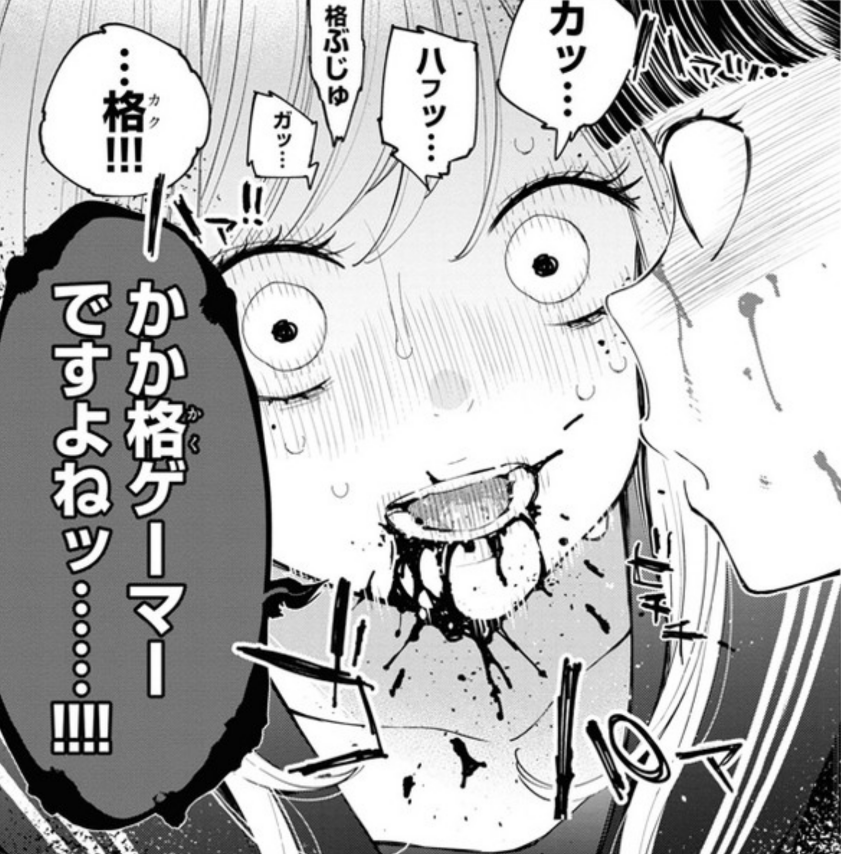
Consider a game like Skyrim. I can buy the base game and enjoy it for what it is. If I liked it a lot, I might consider purchasing Dawnguard or Hearthfire to get some more out of it, but I don’t have to. The base game is a standalone product that functions fine by itself, so I only need to buy the DLC if I want it.
Unfortunately, it doesn’t work like that for fighting games. The game isn’t complete without all of the characters. Even if you’re never going to use the character, someone else will, so you’ll need to have the character available to study in practice mode. Or maybe your friend plays a DLC character, so they’re shit out of luck if they come over and you haven’t bought the DLC. So if you want to casually keep four fighting games on the shelf, then you’d better be prepared to casually purchase four season passes a year too.
I thought Game Freak was the only company that could get away with forcing you to buy two games to get all the Pokémon, but fighting game developers are somehow getting away with it too. Imagine if Activision released a Call of Duty game that only came with half of the guns. People would be lighting their pitchforks.
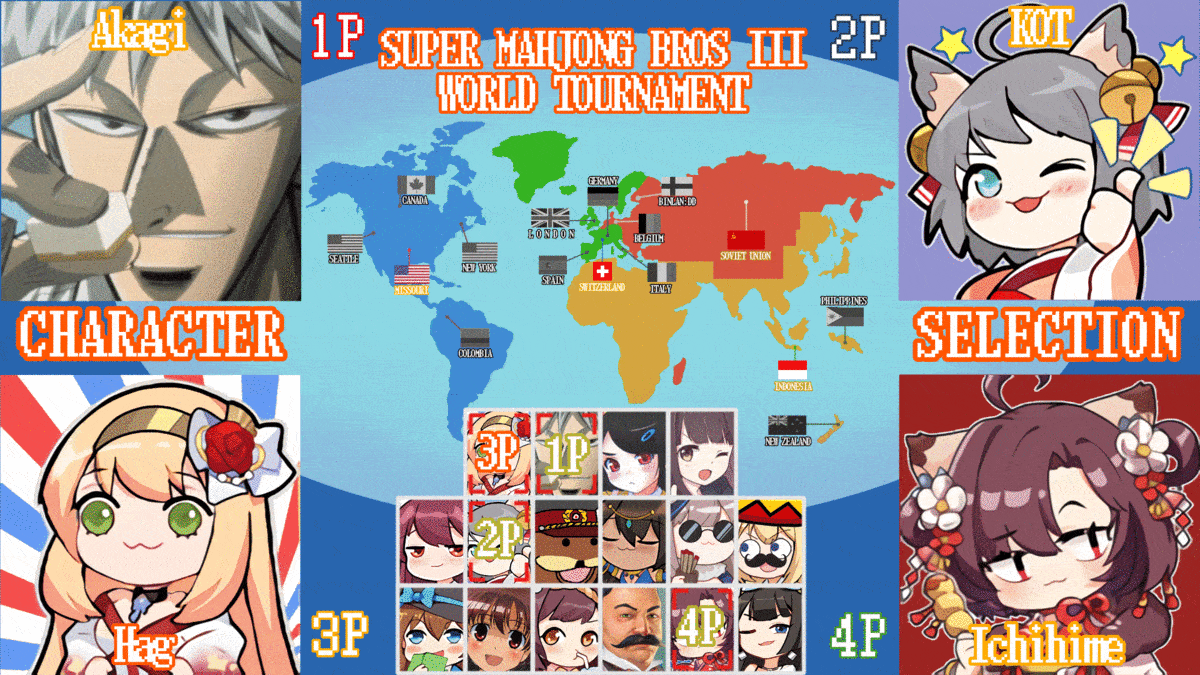
The other major problem with modern fighting games is the balance roller coaster that every other competitive game seems to suffer from. Developers want to see diverse character representation at tournaments because they need to please the casual viewers who are too ADHD to enjoy watching the game without a wrench being thrown in the works every few months.
This is a terrible design choice for the actual players. There are so many situations, complexities and interactions that players need to internalise on top of all of the raw data. Changing this up on the regular is demotivating at best, yet it seems to be the direction that all developers are shooting for. Coupled with the season pass bullshittery, it’s basically impossible to keep a fighting game around “for fun”. You’re going to invest all of your time into keeping up with the changes, all of your money into the DLC, and you’re going to like it.
この時代に戻れないのかな pic.twitter.com/bpLyZHfmZn
— Blankaex // ブランク (@Blankaex) 2020年5月23日
I really miss the days where you could buy a game and you would just have the game. It was a simpler time where your copy was the same as your mate’s copy, and there was no overhead to manage. You could comfortably learn the game knowing that all your effort wasn’t going down the drain next month, and develop your skills at your own pace. Super Turbo and Melee are living evidence that fighting games don’t need rolling updates to stay relevant, but long gone are the days of keeping players engaged by making games that are actually good. Just like the days of MMOs being fun.
MMORPGs
I spent a good number of years on various MMOs, and it was a great time. That said, they weren’t good games by any stretch of the definition. Conveniently, I have an hour long video of myself rambling about how awful MapleStory used to be.
However in spite of the questionable quality of the games themselves, they did have a certain charm that kept me coming back day after day. I think a lot of the draw was the community aspect. I met a bunch of great people in those games, and the game was the only thing we had in common, so it inevitably became our communication platform. I probably thought I wanted to play the game itself, but really a lot of it was just socialising.
I’m ashamed to admit that I’ve lost contact with most of those friends, and I don’t think modern internet allows for those kinds of interactions to happen anymore. Current-day MMOs don’t provide much opportunity to socialise, and even if you do meet people in-game, it’ll just be “hey add me on >discord”, taking the interaction out of the game and eliminating the need for it altogether.
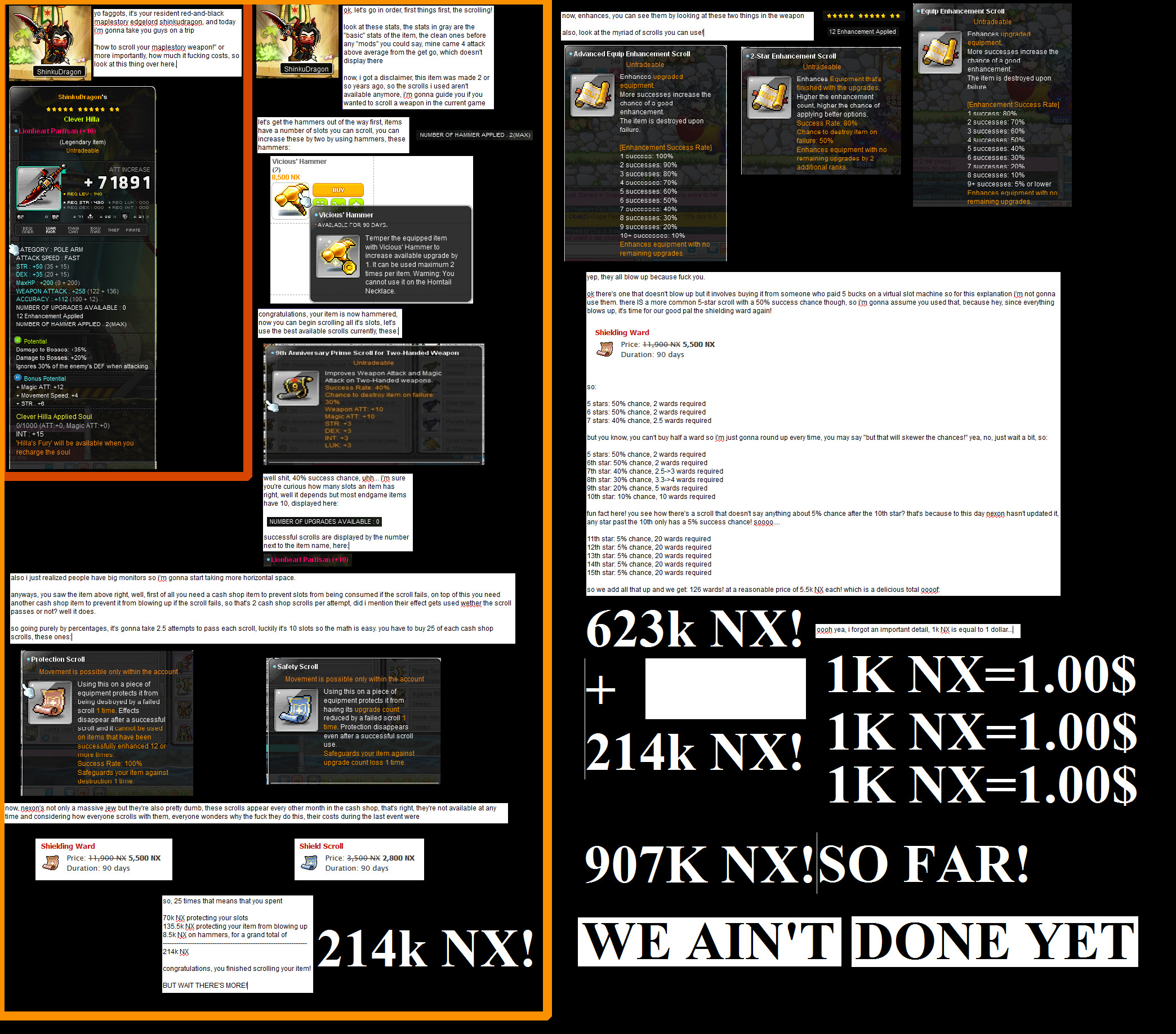
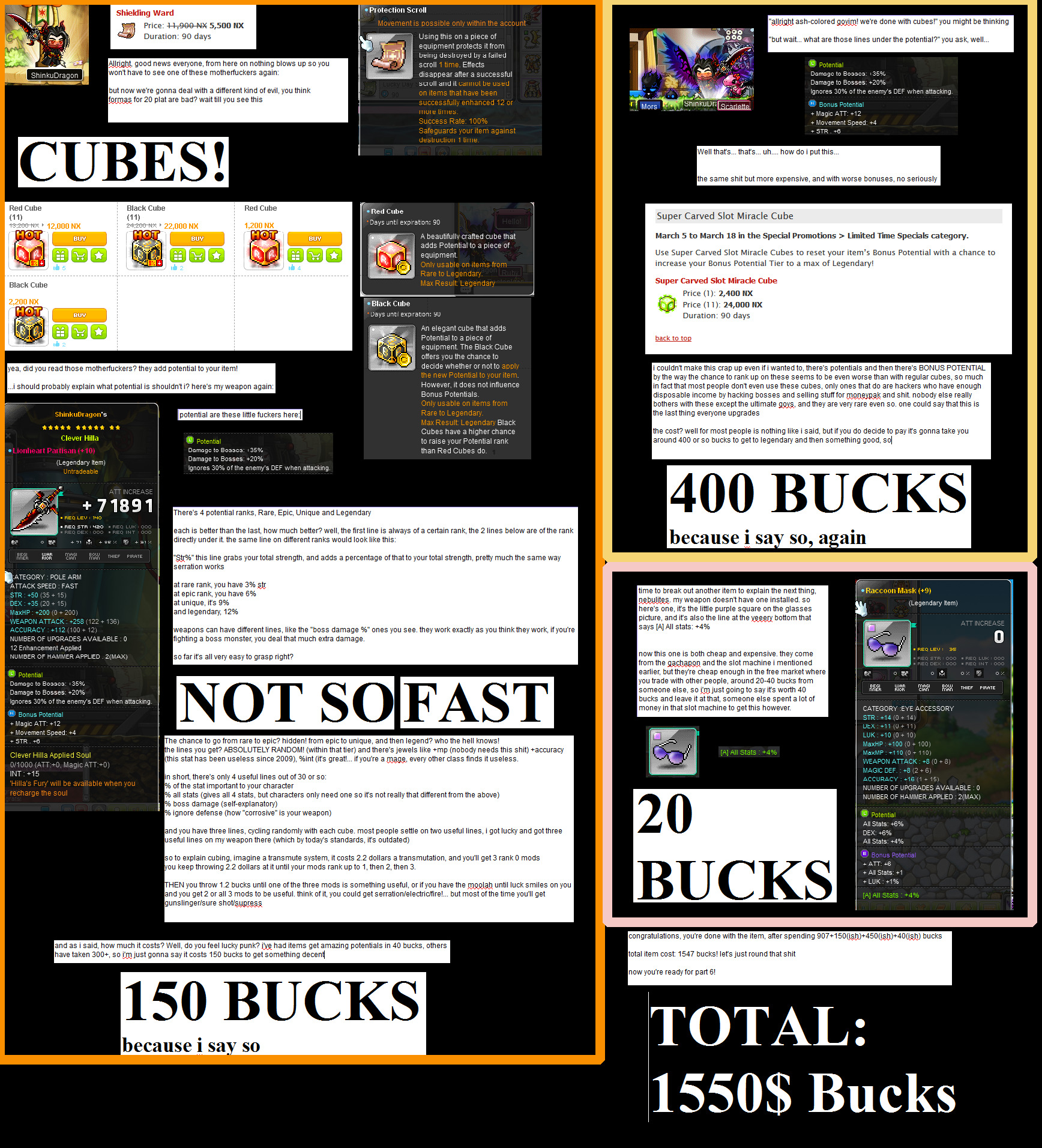
In fact, a lot of the entertainment that comes out of MMOs these days isn’t even in the game itself. When you needed help or an answer, you used to have to ask a friend or a stranger, who’d either know or help you work it out. But nowadays, you can find everything you need between one of several wikis, youtubers, and streamers, effectively turning the game into a single-player. Convenient for sure, but it also ruins a lot of the enjoyment that you used to get from dealing with the unknown.
Being ignorant was probably one of the best things about old MMOs. If I were given a quest that told me to hunt a certain mob or go to a specific area, and I didn’t know what or where it was, I would just let it hang and do my own thing. Then I’d be pleasantly surprised if I stumbled upon it by chance. There wasn’t a sense of urgency to do things “right” or “well”, you could just go about the game world and enjoy it for what it was.
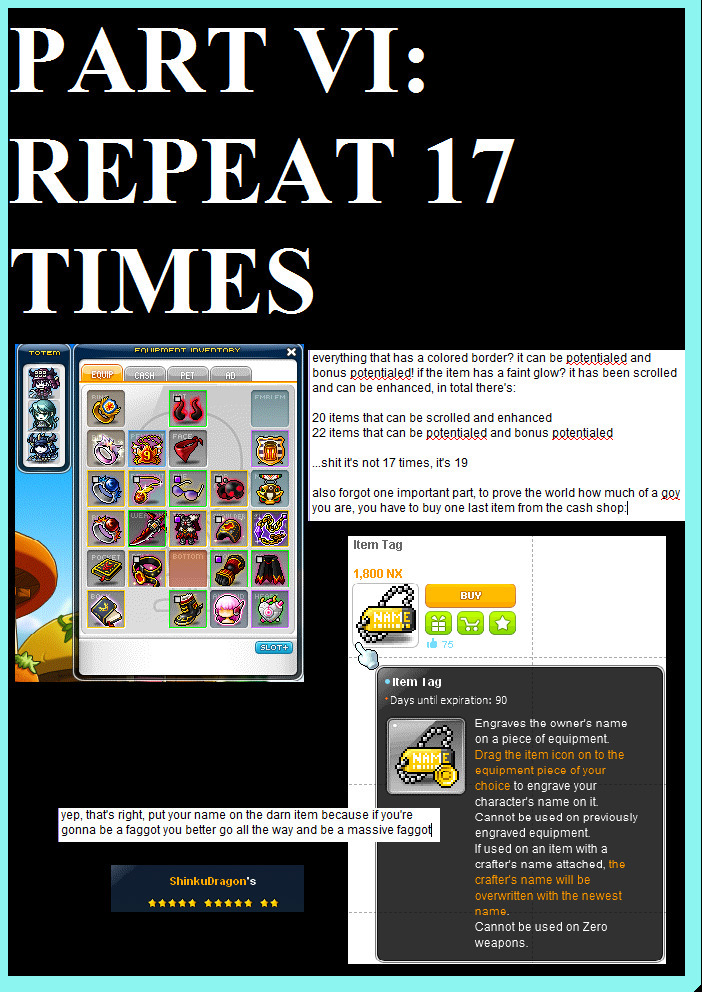
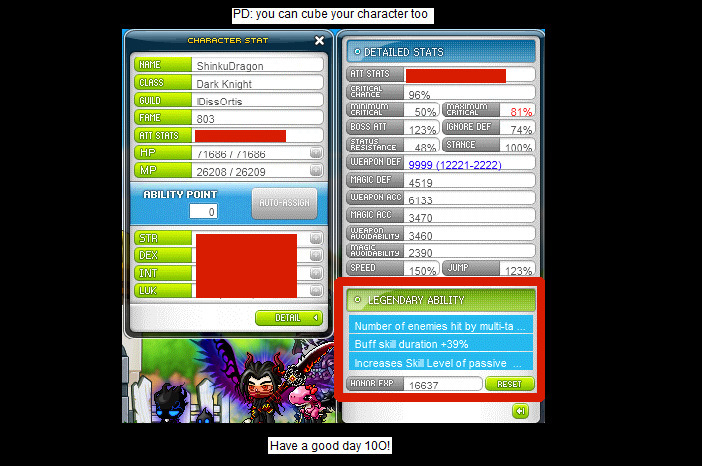
It’s a shame that I can no longer enjoy playing games like this. Part of it is obviously my competitive desire to be “good” at what I’m doing, for lack of a better term. But a lot of it probably also comes with age. I have reading comprehension skills now, so I know what the game wants me to do, and I know how to figure things out if I don’t. I’m also an adult now, so I don’t really have the time or patience to enjoy doing nothing anymore.
The case for video games
While writing this post, I came to the realisation that a lot of this pain is self-inflicted. It’s true that video games are awful at the moment, and developers don’t get a free pass for that, but it really just comes down to how much you personally care. I could just not do my dailies every day. It’s not like I’d lose anything in the grand scheme of things. I don’t need the optimal build, or to stay at the top of the PVP ladder. I could just play when I feel like it. I could just care less.
Funnily enough, this is more or less my approach to JRPGs, the only genre of game that hasn’t failed to deliver over all the years. I guess it just comes naturally in a strictly single-player game without any competition or incentive to keep you coming back other than your own interest. Looks like I’ll get back to sticking it out with Megaten until I can learn how to play games for fun.
